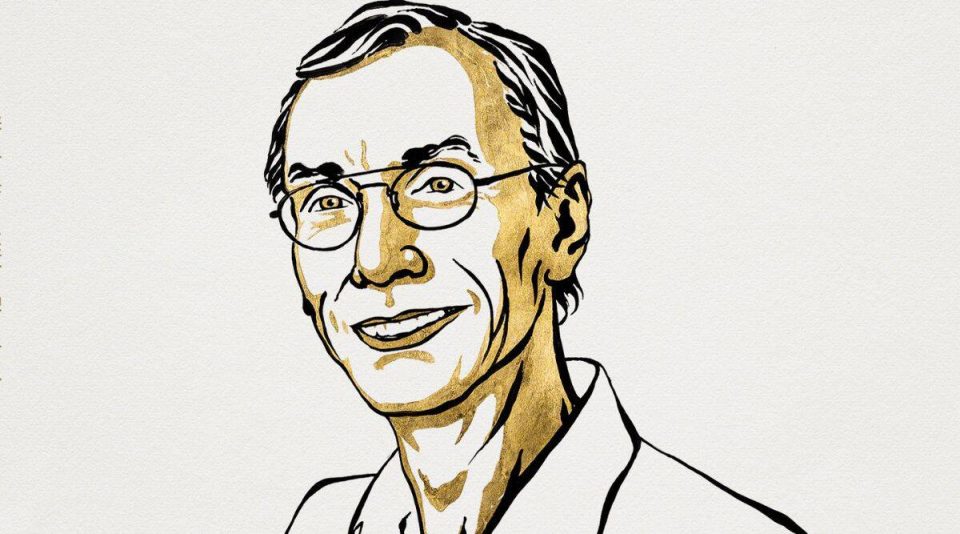
Who is Svante Paabo, the Nobel winner who pulled off ‘a seemingly impossible task’?

Swedish scientist Svante Paabo has received the 2022 Nobel Prize in Medicine by doing something extraordinary. Paabo mapped the Neanderthal genome from ancient bone fragments and gave us new insight into human history.
He proved that modern humans share DNA with their extinct, large-brained relatives, the Neanderthals, and a previously unknown hominin, the Denisovans. By doing so, Paabo also provided key insights into our immune system and what sets us apart from our extinct cousins.
Announcing the award on Monday, the Nobel committee said the scientists sequenced the Neanderthal genome and made the sensational discovery of a previously unknown hominin, Denisova. “Paabo and his team also surprisingly found that gene flow had occurred from Neanderthals to Homo sapiens, demonstrating that they had children together during periods of co-existence,” said Anna Wedell, chair of the Nobel Committee.
Also read: Sweden’s Svante Paabo gets Nobel Medicine for research on evolution
All in the genes
Paabo was born in Stockholm, Sweden, in 1955. His father Sune Bergstrom won the Nobel prize in medicine in 1982.
Paabo is the current director of the Max Planck Institute for Evolutionary Anthropology in Leipzig, Germany. After completing his medical studies at the University of Uppsala, he began part-time research and teaching at the Department of Cell Biology, Uppsala, and the Roche Institute for Molecular Biology in 1980.
He earned his PhD degree in 1986 and began postdoctoral research at the Institute for Molecular Biology II. His prize-winning studies happened at the University of Munich in Germany.
Also read: Salman Rushdie emerges as bookies’ favourite for Literature Nobel
Paabo’s extraordinary work
Paabo led the groundwork for sequencing the genome of a long-extinct Neanderthal from 40,000-year-old bone fragments, which Wedel called “a seemingly impossible task.”
By doing so, he showed that Neanderthals migrated out of Africa after mixing with prehistoric humans, and the remnants of those interactions remain in the genomes of people even today. Paabo’s work laid the foundation for a new field of science that uses ancient DNA to investigate human evolution.
“Paabo’s seminal research gave rise to an entirely new scientific discipline—paleogenomics. By revealing genetic differences that distinguish all living humans from extinct hominins, his discoveries provide the basis for exploring what makes us uniquely human,” the Nobel Committee said in its announcement.
Also read: Nobel medal sold for Ukrainian kids shatters record at $103.5M
The initial years
In his early years, Paabo focused on understanding how adenoviruses interacted with the immune system. But he was always interested in human origins and worked on isolating DNA from Egyptian mummies as a side project.
At the time, the ancient DNA field was full of unreliable claims that would be subsequently proven false. For decades, Paabo avoided the laborious task of analysing ancient DNA. Instead, he devised ways to overcome the challenges of working with samples that deteriorated over time and became easily contaminated.
His team worked extensively on the DNA of extinct animals, but the goal was always to bring the techniques they were developing to Neanderthals. Once he developed those methods, he gathered a large team of scientists and started working on getting ancient broken bone fragments needed to decode the Neanderthal genome.
(With agency inputs)

